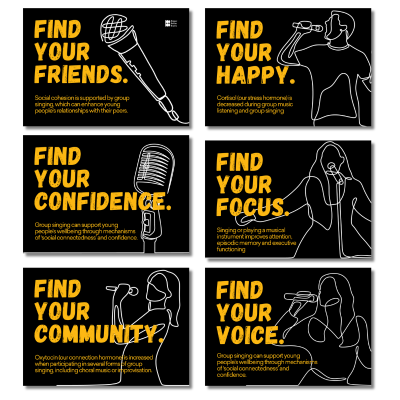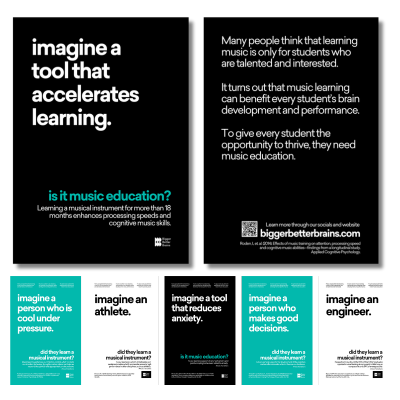
Research Updates

Here at Bigger Better Brains we believe that through educating yourself, you can then educate and affect positive change in your community.
With all of the research in the field of neuromusical science, our BBB Research section serves as a content hub for you. We regularly share findings and break down the latest research to educate and inspire discussion. We hope you enjoy this page on our website and share BBB news with your colleagues, parents and students.
Hitting a drum helps preschoolers gain control
To get control of our inhibitory control, preschoolers might first need to get a hold of the beat!
Dyslexia is a hearing issue, not a reading issue!
Prof Usha Goswami found that “dyslexia is not caused by children reading words incorrectly, but instead, by their inability to hear the rhythm of words when they are being spoken.”
Rhythm and dyslexia
Have you ever wondered what the connection between music and dyslexia might be? Researchers in Italy have provided a good description of the connection.
Neural Biomarkers for Dyslexia, ADHD, and ADD
The researchers built on top of the research that found that music learning could improve these “traffic black spots”. Hence, they used a music learning intervention to see if they could track changes in the auditory cortex and hemispheric activation in children with Dyslexia, ADHD and ADD.
How does our brain use rhythm to get back in sync?
It is hard to conceptualise that our brain waves can be in sync or out of sync. Yet this concept of brain wave synchronisation is fascinating to neuroscientists as they are finding that the more consistent the synchronisation, meaning the longer our brain waves can stay in sync, the more effectively we can learn.
The sounds we hear can change our brains.
Quite rightly, people who have not had exposure to music education or the impacts on children ask the question “How can one activity do so many things? The answer is that music learning is a package.
When things get noisey do your ears shut down?
Our auditory processing system is possibly our largest information-gathering sense. It keeps us safe and it processes mountains of information without our knowledge. It also never turns off. But, sometimes it gets tired and a bit overwhelmed.
A violinist, vocalist and a non-musician walk into a bar …
I am sure there is a joke in there, but as you think about what it is, you should have a look at this new study. It looked into the differences between auditory processing skills, like auditory memory, and speech in noise.
Sound is an invisible and powerful force
Music is with us every day. Not just what we hear on the radio or our phone, but in the sound landscapes we are surrounded by that include speech.
A Biological Marker of Dyslexia
For quite some time, researchers have been trying to understand the brain mechanisms that result in the condition known as dyslexia. It is a complex puzzle, the kind that researchers love!
Music trains the brain to “hear”
This study looked at children using cochlear implants between the age of 6-9 years due to prelingual sensorineural hearing loss.
Music training enhances audio-visual integration
Audio-visual integration is the integration of things we hear with the things we see. Why would this be important? Well, have you ever watched a video where the sound and picture are out of sync?





















